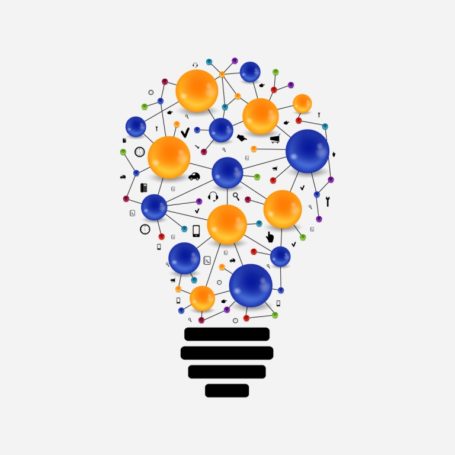The study of Science fires pupils’ curiosity about phenomena in the world around them and offers opportunities to find explanations. It engages pupils at many levels, linking direct practical experience with scientific ideas. Experimentation and modelling are used to develop and evaluate explanations, encouraging critical and creative thought. Pupils learn how knowledge and understanding in Science are rooted in evidence. They discover how scientific ideas contribute to technological change (for example in business and medicine) and lead to improving the quality of life. They trace the development of Science worldwide and recognise its cultural significance. They learn to question and discuss issues that may affect their own life and the future of the World.
Pupils follow the Key Stage 3 Science Programme of Study in Year 7. The principal focus of science teaching in Key Stage 3 is to develop a deeper understanding of a range of scientific ideas in Biology, Chemistry and Physics. Pupils will begin to see the connections between these subject areas and become aware of some of the key ideas underpinning scientific knowledge and understanding. The teaching programme consists of individual topics which will develop scientific knowledge and understanding and use scientific enquiry to help pupils answer specific questions about the world around them.




